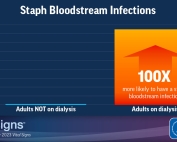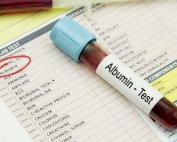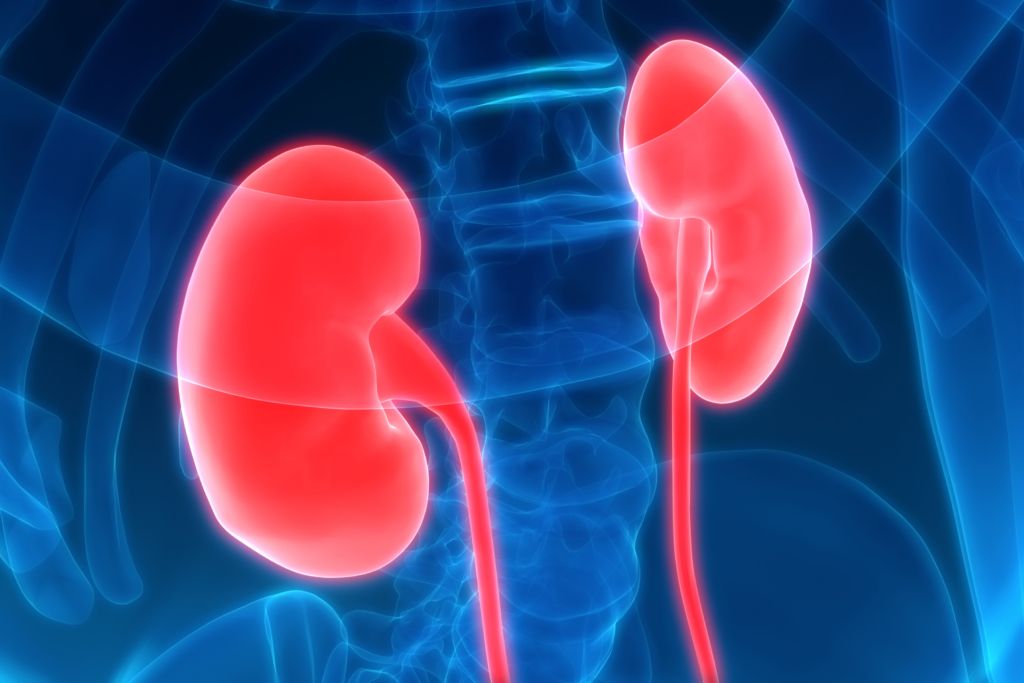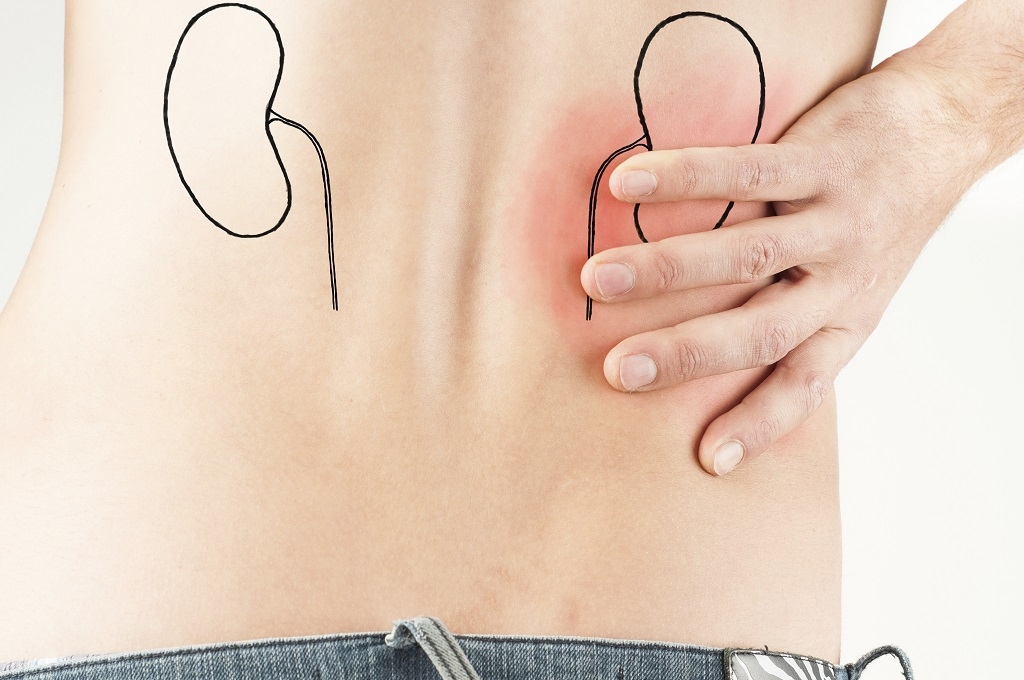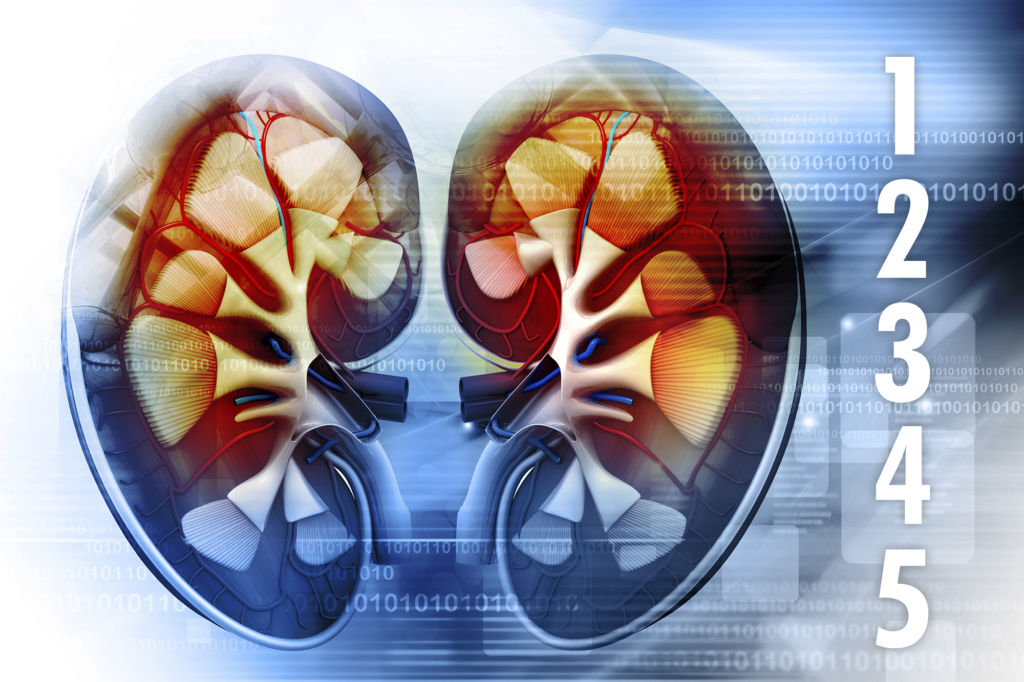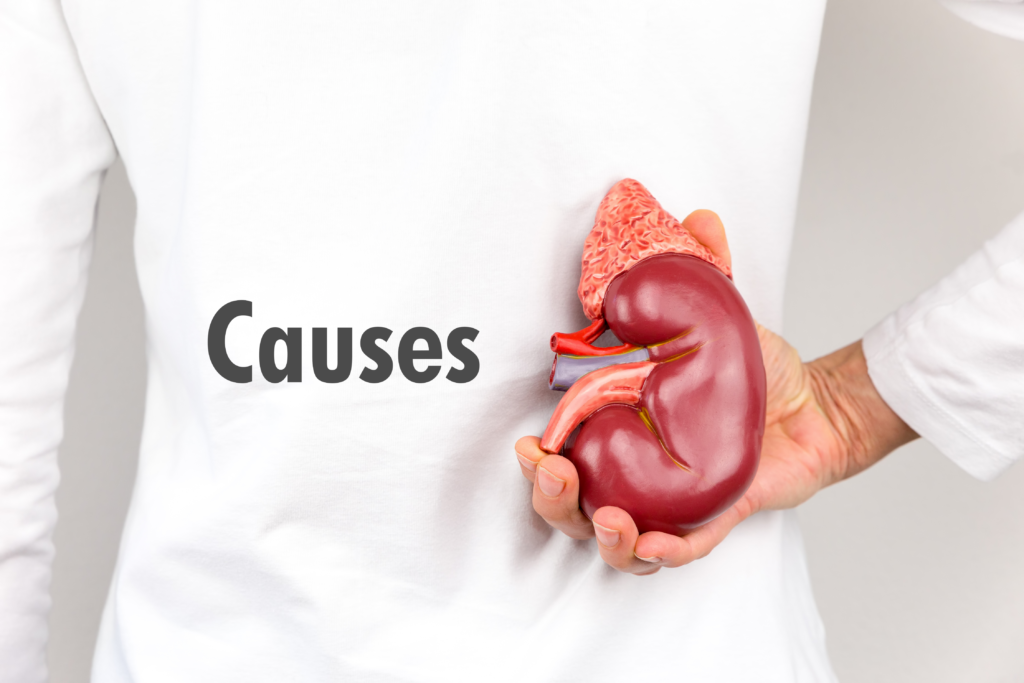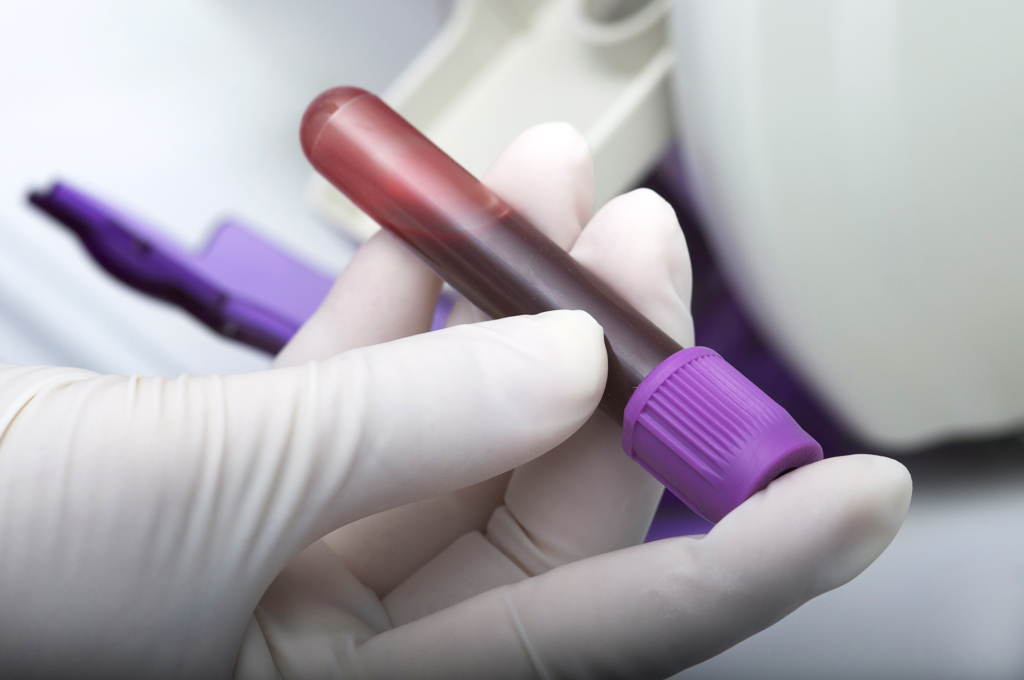What is Kidney Disease?
Explore this section to learn more about chronic kidney disease (CKD). You will find that CKD, which can happen at any age, can have both common and rare causes. Learn about the symptoms, some of which may not show up until a later stage of the disease.
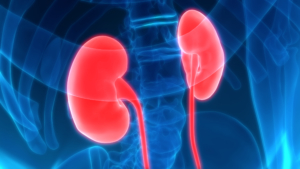 Role of Kidneys
Role of Kidneys
Kidneys are very important organs that have many jobs. They not only remove extra fluids and waste products, but they also help to regulate blood pressure, balance chemicals, maintain bone health, and keep us from becoming anemic.
Chronic Kidney Disease
Nephrons
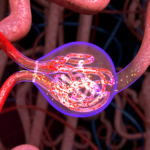
Nephron
Chronic kidney disease (CKD) occurs when kidney nephrons are damaged. Each kidney has about a million tiny filters called nephrons. A nephron is made up of a glomerulus and tubules. The nephrons filter blood. When they become damaged, the kidney becomes less efficient. Over time, as fewer nephrons are available to clean the blood, the kidneys are diseased and less able to keep the body healthy.
Silent Killer
Like diabetes and high blood pressure, chronic kidney disease is called a “silent killer” because there are few symptoms and by the time individuals realize they have a problem, much damage has already been done.
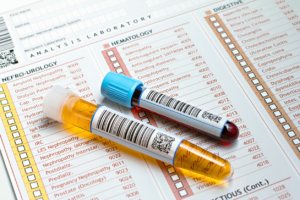
A blood or urine test can tell you how well your kidneys are functioning.
However, there are two tests that can tell you how well your kidneys are functioning. They may be included in the your annual physical evaluation, or you can ask your physician to do them. One is a urine test called ACR (albumin-to-creatinine ratio), which tells how much protein is in your urine. Usually protein is in the blood, and when it is in the urine, it may be a sign of early kidney disease.
The other is a blood test and it tells how much creatinine, a waste product that comes from muscle tissue, is in your blood. From that test, your GFR (glomerular filtration rate) can be estimated which includes your age, race, and sex.
As your kidney function declines, waste products and excess fluid build up in the blood and can make you feel sick.
Related Information
Ask the Doctor April 2024
Velma Scantlebury, MD, DPC Education Center Health Care Consultant 1. Will a transplanted patient who receives a kidney from a diabetic individual become diabetic? Diabetes results from a lack of the ability [...]
For Mike Guffey, Working Was Key to Staying Positive
Mike Guffey When Mike Guffey began dialysis treatments in 2008, one of his top priorities was to ensure he had a reason to keep moving forward, something to look forward to when [...]
Black and Hispanic Patients on Dialysis Have Higher Rates of Staph Bloodstream Infections
Actions to Reduce Inequities Can Save Lives CDC Newsroom Media Statement – Originally published February 6, 2023 Contact: Media Relations, (404) 639-3286 Adults on dialysis treatment for end-stage kidney disease were 100 times more [...]
The Case for Personalized Kidney Screening for People with Type 1 Diabetes
A new analysis by the Epidemiology of Diabetes Interventions and Complications study group (funded by the National Institute of Diabetes and Digestive and Kidney Diseases (NIDDK), part of the National Institutes of Health) makes a [...]
Anemia in People with Chronic Kidney Disease
By Jay Wish, MD Anemia is defined as a lower-than-normal level of hemoglobin in the blood. Hemoglobin is the protein in red blood cells that carries oxygen to all tissues and allows those [...]
New Study Shows Age-Related Kidney Function Differs by Gender
A study of 1,837 people aged 50-62, which replicated accurate measurements of kidney function in health women and men over time, may partly explain why more women are diagnosed with early CKD and more [...]



